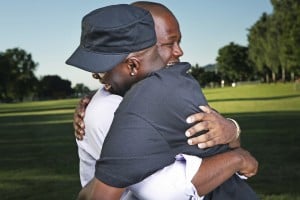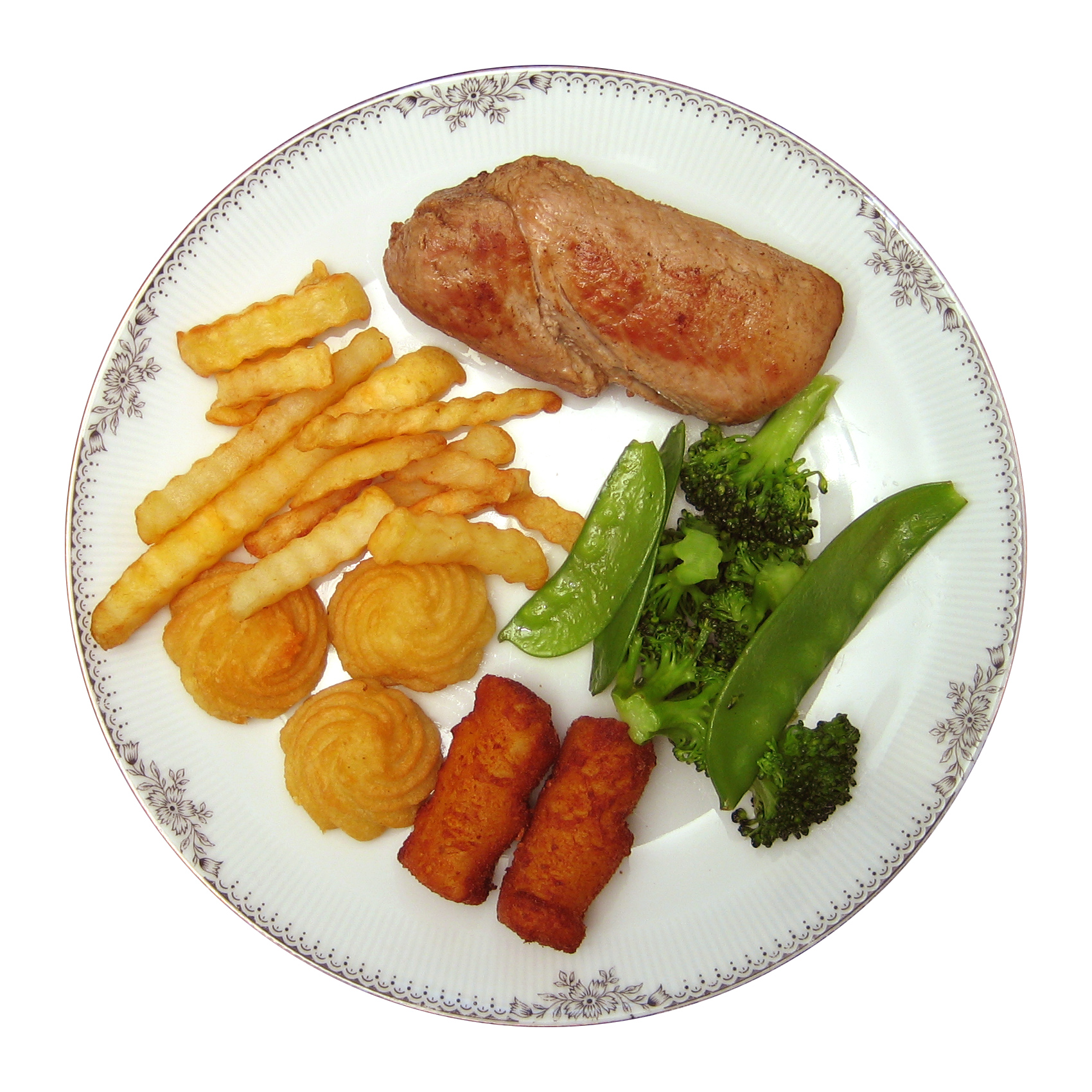Fascinating recent article in the Economist that explores close male friendships, or what are now commonly referred to as “bromances.” When is the last time you heard someone call a guy who dresses well and puts gel in his hair a “metrosexual”? According to the New York Times, use of that term peaked just over ten years ago and you rarely hear it anymore.
Indeed, it does appear that we keep inventing new words and phrases to re-categorize people, relationships, and sex, but those labels prove futile insofar as what they seek to describe never seems to stick for very long. Personally, I find it this particular phenomenon annoying because it feeds the destructive idea in our culture that love must be sexualized. “Bromances,” “man-dates,” and “I’m gay for this [male] celebrity” are but further examples of this nonsense, and when “Bromantic comedy” becomes a movie genre complete with its own Wikipedia page, we wallow in absurdity.
Why the irritation over mere semantics, you ask? Because count me among the multitudes who are downright exhausted of the sexualization of everything, especially the sexualization of close friendships. Most egregious are the modern religious scholars who project this onto biblical characters. They suggest, for instance, that David and Jonathan were sexually involved, citing as proof the line in David’s lament in 2 Samuel 1 where he said that Jonathan’s love for him “was wonderful, passing the love of women.” What madness. This notion that a man cannot love another man with deep affection unless there is some kind of sexual undertone present is the epitome of foolishness.
Language inexorably shapes our thoughts and, although I will refrain from the self-torture of decoding Jacques Derrida here, I can certainly acknowledge the evolution of linguistics; meanings of words shift and slip over time and vary by culture. Have you tried reading Elizabethan English lately? Even so, what we call our relationships matters. If our relational nomenclature must connote something distinctly romantic or be associated with some kind of sexual act, our ability to express love and affection to people of both sexes diminishes. Adding bro-, dude-, and man- prefixes to relationships and life’s normal activities (like hugging) so as to legitimize something that should already be normal and healthy does not help.
Yet despite the obnoxious toying around with words, I do appreciate an essential point the Economist piece makes: men desire affection and closeness with other men. They need brothers they can trust with their deepest cares. That far too few have them is, in my estimation, not so much a result of cultural homophobia as it is of how manhood has been modeled so poorly in America. As author Gordon Dalbey notes in his bestselling book Healing the Masculine Soul:
This “‘lone ranger’ model of manhood, common in our cultural icons, is so deeply rooted in isolation, separation from other people it is proclaimed a virtue. ‘We have no idea how to overcome our alienation from others,’ we essentially say, ‘so rather than face its underlying brokenness and be emotionally destroyed, we’ll pretend it’s noble and right.'”
In The Friendless American Male (that title says a lot, doesn’t it) author David Smith records another man’s justification of his independent, alienated existence: “Of course I don’t have friends. I’m a man. My wife is the one with friends.” Salon has gone so far to call this America’s hidden crisis. And have we forgotten that Jesus changed the world with 12 men with whom he was close? There just might be something on that we would do well to replicate.
So if all these new nouns with male-ish prefixes indicate an end to the lonely, isolated American man, then maybe I have come down too hard on them. If such language is merely a device to signal eagerness to hang out, show affection, and open up about what’s going on inside the heart, I get it. But why not dispense with the silliness and be even more honest? If you are a man with whom I become close friends, I will call you as such. You are my friend, my brother. I will be fiercely loyal and transparent with you (Proverbs 18:24). We will hike mountains and run trails, grab lunch at local eateries, and just do life together. Unless you really don’t like them, you will receive a hug from me.
What we have here, fellas, is called a friendship, not an expression of “bromantic interest.”













